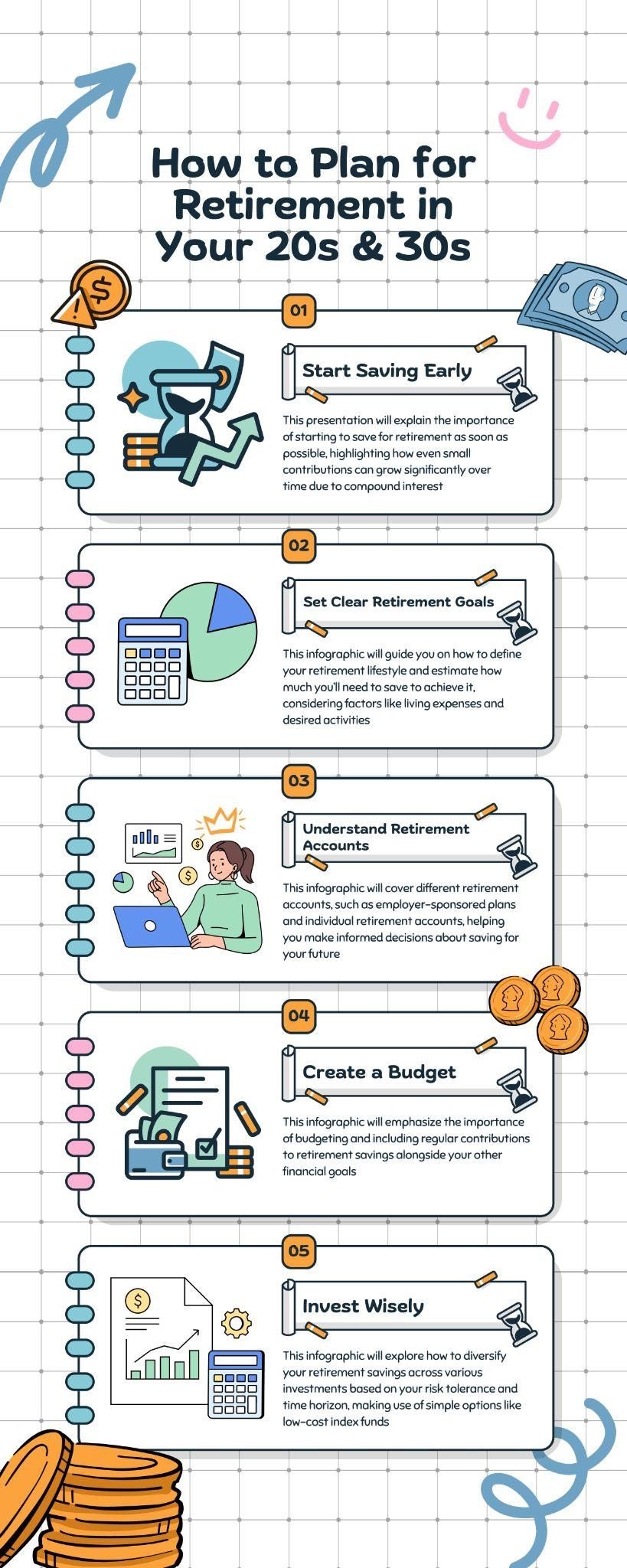For decades, retirement was envisioned as a final chapter – an end to decades of work followed by rest and leisure. People aimed to retire at 65, collect a pension, and enjoy a slower life. But today, this traditional concept is rapidly evolving. A significant shift is underway: modern retirees and near-retirees are prioritizing work-life balance over rigid notions of retirement.
Instead of a sharp divide between working life and retirement, many now seek flexible lifestyles where purpose, personal growth, and well-being coexist. This new mindset challenges employers, financial planners, and society at large to rethink what retirement means in the 21st century.
Redefining Retirement: A Blend Of Work And Leisure
The modern retirement mindset no longer revolves around quitting work entirely. Instead, many older adults pursue phased retirements or second careers that align with their passions. This is not driven solely by financial necessity, although rising life expectancies and concerns about savings certainly play a role. Increasingly, retirees are motivated by the desire to stay mentally and socially engaged.
A 2024 Transamerica Center for Retirement Studies report shows that 58% of workers plan to transition into retirement gradually, rather than stopping work abruptly. Many envision part-time roles, consulting projects, or entrepreneurship in fields they enjoy. For example, retired teachers may become tutors or mentors; corporate executives might advise startups; and hobbyists often turn their interests into small businesses.
This blended approach offers numerous benefits. Continuing to work part-time helps retirees stay mentally sharp and provides a sense of purpose. It also allows them to manage their time more flexibly – balancing work with family commitments, travel, hobbies, and volunteerism. The clear message: retirement today is no longer an off-switch but a continuum.
The Role Of Wellness In Retirement Planning
One of the most profound changes in retirement thinking is the growing emphasis on wellness. Historically, financial security was seen as the primary goal – saving enough money to stop working. But now, physical health, emotional well-being, and meaningful activities rank equally high.
Many older adults are embracing active lifestyles well into their 70s and 80s. The Global Wellness Institute’s 2023 report highlights that spending on wellness among retirees has grown 7% annually over the past five years. Yoga, swimming, hiking, and fitness classes tailored for older adults are booming. Mental wellness is also prioritized: meditation, counseling, and lifelong learning are part of many retirees’ routines.
Social connections play a crucial role as well. Loneliness and isolation are risk factors for poor health outcomes in older adults. Today’s retirees proactively cultivate relationships – joining clubs, volunteering, or participating in intergenerational communities. Retirement planning now often includes not just financial and healthcare strategies, but also goals for staying connected and engaged.
Financial Flexibility Over Fixed Milestones
The old retirement model revolved around rigid milestones: reach 65, stop working, draw on a pension. But modern retirees are prioritizing flexibility. Many aim to retire earlier but continue earning income on their terms, while others delay full retirement to fund travel or other life experiences.
Financial products and planning have adapted to this shift. Tools such as flexible withdrawal strategies, part-time income modeling, and phased retirement options are increasingly popular. According to Vanguard’s 2024 Retirement Survey, 46% of retirees now withdraw from multiple income sources in a staggered manner, rather than relying on a single pension or annuity.
Attitudes toward spending in retirement are evolving. The traditional focus on frugality is giving way to mindful spending – allocating funds for experiences rather than material possessions. Travel, education, and personal passions often take precedence. This mindset aligns with the broader trend toward valuing time and well-being over accumulating wealth.

Related Posts
Lifelong Learning And Intellectual Growth
Another key element of today’s retirement mindset is the pursuit of lifelong learning. Intellectual engagement is increasingly seen as vital for both cognitive health and life satisfaction. Many retirees view learning not as a chore but as a pathway to continued growth.
Universities, community colleges, and online platforms now offer a wealth of opportunities tailored to older adults. Programs like Osher Lifelong Learning Institutes (OLLIs) attract tens of thousands of retirees annually. Subjects range from literature and history to technology and art, empowering retirees to explore new interests or deepen existing ones.
Moreover, technology adoption among older adults is rising rapidly. Pew Research Center data shows that 76% of Americans aged 65+ now use the internet regularly, and many leverage online courses and communities to stay engaged. Whether learning a new language, mastering digital photography, or participating in virtual book clubs, retirees are reshaping education as a lifelong endeavor.
Intergenerational Work-Life Integration
Finally, a subtle but significant change in the retirement mindset involves a more integrated approach to family and work life. Unlike past generations, where retirement often meant retreating from the workforce and focusing solely on personal life, many modern retirees seek intergenerational integration.
Grandparenting is one example – many retirees now actively support their children by providing childcare or mentoring younger family members. At the same time, flexible work arrangements allow them to balance these commitments with part-time careers or volunteer work.
Multigenerational living is also seeing a resurgence, driven in part by housing costs and a desire for stronger family bonds. A 2024 Pew report notes that 18% of Americans aged 65+ live in multigenerational households, up from 12% two decades ago. This arrangement fosters daily engagement across generations, enriching retirees’ lives and providing valuable support networks.
Moreover, retirees increasingly collaborate with younger generations in professional contexts. Consulting, mentoring, and participating in entrepreneurial ventures alongside younger colleagues are common. These interactions not only benefit retirees but also transfer valuable knowledge and foster innovation.
Endnote
The retirement mindset is undergoing a profound transformation. No longer defined by a strict end to work, today’s retirement is about achieving work-life balance blending purpose, wellness, learning, and relationships. Modern retirees are rewriting the script: staying active, pursuing passions, embracing flexibility, and remaining connected across generations.
This shift presents both opportunities and challenges. Financial planners must adapt to more dynamic retirement trajectories. Employers should offer phased retirement and flexible roles. Society at large must move beyond ageist assumptions and recognize the contributions of older adults.









